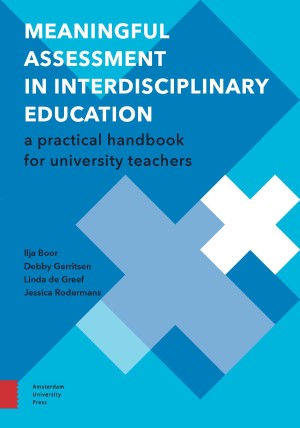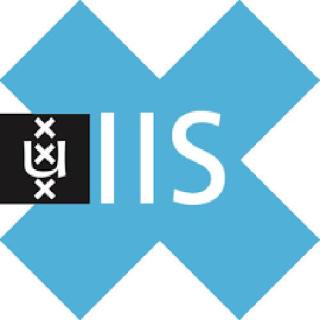Today’s university lecturers are faced with the challenge of educating students to see beyond the limits of their own discipline and to come up with innovative solutions to societal challenges. Many lecturers would like to put more emphasis on teaching students how to integrate diverse forms of knowledge, work together in teams, critically reflect and become self-regulated learners. These lecturers are breaking down the silos of scientific disciplines as well as the barriers between academia and society and responding to the changing role of universities in society.
Just as teaching and learning are ready for change, so is assessment. In this book, we call for an assessment strategy with a greater emphasis on assessment for and assessment as learning, with a focus on giving powerful feedback and the use of authentic assessment tasks as well as alignment with the intended learning outcomes and your pedagogical beliefs.
If you are looking for ways to assess integration, collaboration, reflection, and critical thinking rather than only assessing the acquisition of knowledge, the examples in this handbook are inspiring initiatives that can point you to new directions in assessment.


